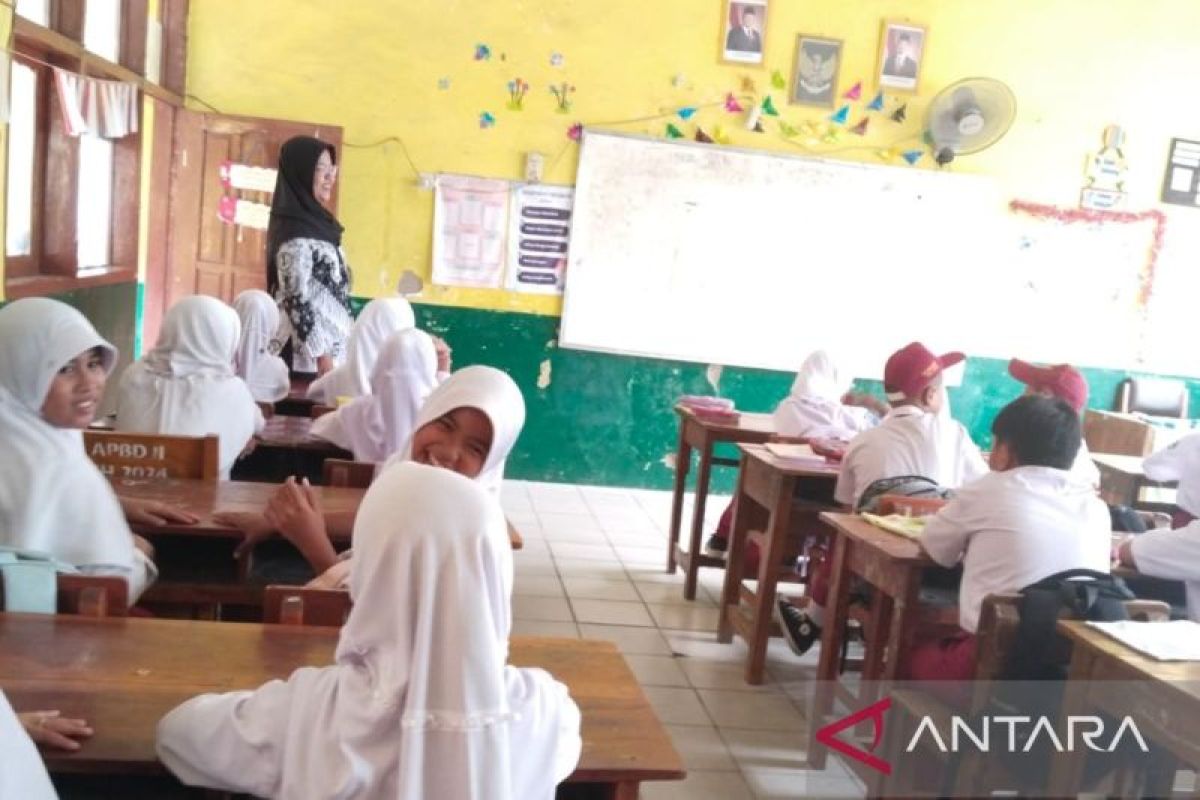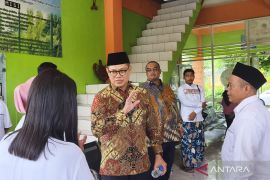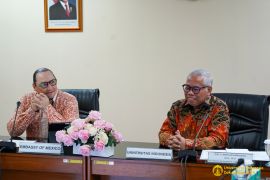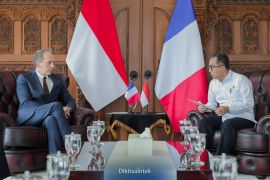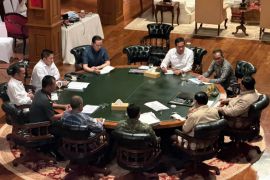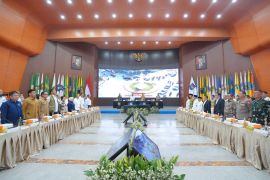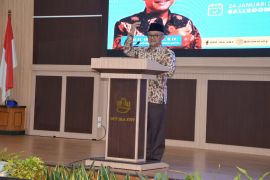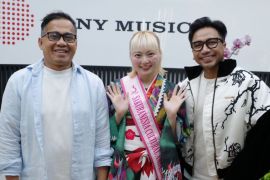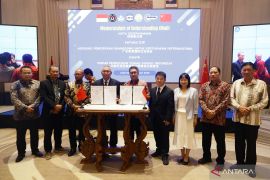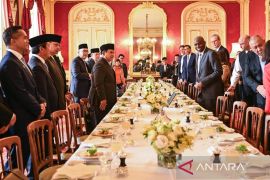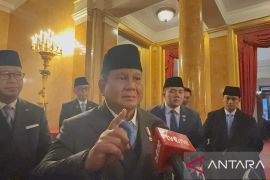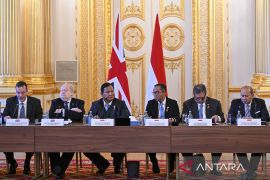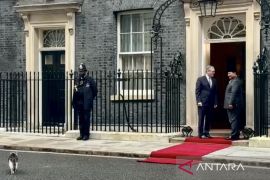Lusia Liaw, coordinator at the Community Movement for Caring for School Children (Gemas), pointed out that one of the factors for the subpar education quality is the inequitable availability and quality of facilities and infrastructure.
Liaw drew attention to a notable disparity in the quality of school facilities between the western and eastern regions of Indonesia.
"The condition of students (learning at schools) remains one of the serious concerns, including the need for human resources and infrastructure," she noted on Friday (January 3).
The current government, led by President Prabowo Subianto, plans to develop programs and take real action to address the country's education facilities and infrastructure issues.
Moreover, President Prabowo has expressed commitment to prioritizing the education sector to nurture exceptional talents required for achieving the Golden Indonesia 2045 vision.
Ahead of the first 100 days of Prabowo's "Red and White" cabinet, his government, especially through the Primary and Secondary Education Ministry and the Higher Education, Science, and Technology Ministry, has initiated several programs expected to improve and empower the country's education sector.
Some of the prominent programs are massive school renovation across the country, the plan to establish top-tier high schools to accommodate the country's top talents, digital skills for children from an early age, and the improvement of teachers' welfare and competence.
Meanwhile, the government continues the Endowment Fund for Education Agency (LPDP) scholarship program, the Merdeka Curriculum, and education digitalization efforts, as well as expanding teachers' professional education and strengthening vocational education.
School renovation
The government has set a target to renovate tens of thousands of schools in the country, as according to the Primary and Secondary Education Ministry's data, 22 thousand schools in Indonesia need to be renovated.
The government plans to renovate them with a budget allocation of Rp20 trillion (around US$1.2 billion).
The Indonesian Teachers Association (PGRI) has suggested that the school renovation program consider suitable locations to avoid forcing students to endure lengthy commutes to school.
Meanwhile, Primary and Secondary Education Minister Abdul Mu'ti stated earlier on Thursday (December 19) that his ministry awaited the president's instruction on the school renovation program.
Mu'ti elaborated that his side is waiting for the head of state's instruction before proceeding with the plan to collaborate with the Public Works (PU) Ministry in the program.
He stated that in addition to facilitating the acceleration of school renovation and boosting local economies, the presidential instruction would also allow his ministry to oversee the targeted implementation of the school renovation program effectively.
The ministry would directly distribute the renovation funds to the targeted schools. School operators would thus be able to manage the funds for renovation and rehabilitation according to the actual needs.
While awaiting the instruction, Mu'ti remarked that his ministry had collected complete data on the schools targeted for renovation.
Inclusivity
Minister Mu'ti also stated that his ministry is committed to supporting education service programs in underdeveloped, frontier, and outermost (3T) regions by collaborating with other ministries and religious organizations, such as Muhammadiyah.
He contended that constructing new schools solely in the 3T regions would be less effective due to the high costs involved and the likelihood of suboptimal teaching and learning processes.
Regarding 3T areas, the minister highlighted that learning can take place anywhere, including locations where local children typically gather, rather than being confined to traditional school settings. For instance, learning can occur in places of worship and other public spaces where communities in 3T regions commonly engage in their activities.
In addition to the initiative to create "Garuda" top-tier high schools aimed at nurturing national talents, the government also plans to establish "Sekolah Rakyat," which are free schools for children from underprivileged and extremely poor families, with implementation managed by the Ministry of Social Affairs.
Coordinating Minister for Community Empowerment Muhaimin Iskandar revealed the plan after attending a limited meeting with the president at the Bogor Presidential Palace, West Java, on Friday (January 3).
Iskandar explained that in the implementation later, parents would still be involved, while the program would carry the boarding school concept.
"The president wants to build special schools for children who come from underprivileged backgrounds, and they will still be under their parents' auspices," Iskandar explained.
The minister said that free schools for children from poor families are still being trialed at three locations in the Greater Jakarta area.
Iskandar said these schools will prioritize students from underprivileged families and households classified as extremely poor.
The minister remarked that since the schools will be developed like boarding schools, the students' nutrition fulfillment is guaranteed.
One of President Prabowo's eight primary missions, known as "Asta Cita," emphasizes the development of human resources, science, technology, and education. Consequently, the implementation of programs aimed at enhancing the country's educational quality—whether through infrastructure improvements or human resource development—will contribute to achieving the goals of Asta Cita and the vision for Golden Indonesia 2045.
Related news: Indonesia eyes comprehensive synergy for equity in quality education
Related news: Govt outlines efforts to improve teacher quality
Related news: BRIN highlights importance of improving teachers' quality
Editor: Azis Kurmala
Copyright © ANTARA 2025
